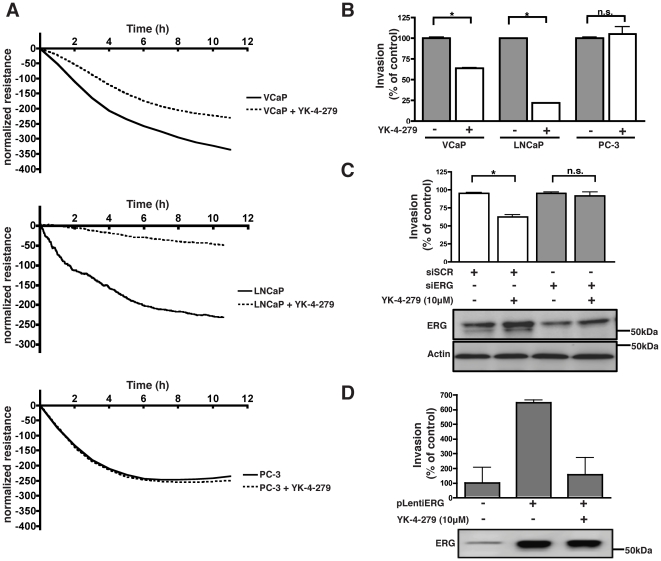Figure 3. YK-4-279 inhibits ETS mediated prostate cancer cell invasion.
a) HUVEC cells forming a confluent monolayer were challenged with LNCaP, VCaP and PC-3 cells with or without YK-4-279. YK-4-279 inhibited VCaP (10 µM) and LNCaP (1 µM) cell invasion of HUVECs, whereas PC-3 cells were not affected. Prostate cells were pre-treated with YK-4-279. Experiments were performed in duplicates and resistance was normalized to the time of addition of invading cells. b) Invasion was quantified at 10 hours post-addition of prostate cancer cells. Results are expressed relative to non-treated conditions. * ; p<0.01. c) ERG expression was reduced in VCaP cells using a C-terminal siRNA probe. ERG knockdown in VCaP cells resulted in a loss of YK-4-279 mediated inhibition of invasion. VCaP cells were pre-treated with 10 µM YK-4-279 for 2 days prior to challenging the HUVEC monolayer. * ; p<0.01, d) Transient ERG expression in PC-3 cells imparted upon the cells a more invasive phenotype. Subsequently, YK-4-279 treatment resulted in decreased invasion. PC-3 cells were treated with YK-4-279 for 24 h prior to challenging the HUVEC monolayer.

